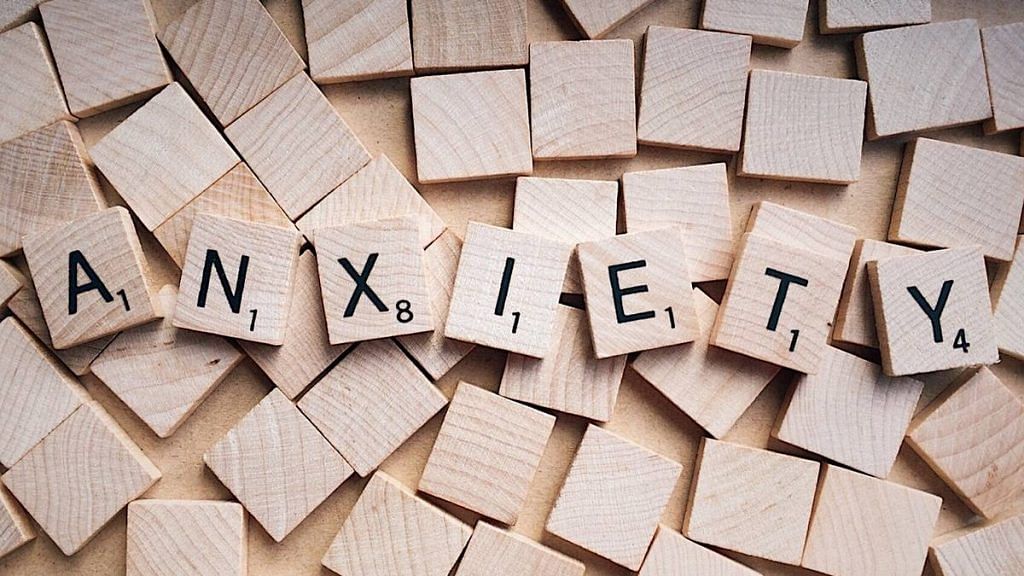New Delhi: Internet searches for the terms ‘anxiety’, ‘panic’ and ‘panic attack’ reached an all-time high between March and May 2020 in the United States, according to a new study published in the peer-reviewed Journal of the American Medical Association (JAMA).
Based on data collected by Google — calculating the daily percentage of all internet searches in the US between January 2004 and May 2020 — the study found an 11 per cent increase in queries for the term ‘acute anxiety’ between March 2020 and May 2020. This translates to around 3.75 lakh more searches than ‘expected’ in absolute terms.
Seven researchers — from institutes including Johns Hopkins University, University of California, and the Institute of Disease Modelling in Washington state — have defined ‘expected’ as what the search volume would have been “if Covid-19 had not occurred”, by taking into account the historical trend and periodicity in the data from 1 January 2004 to 12 March 2020.
The study also found that the increase in these anxiety-related search queries were directly correlated with several announcements or developments related to Covid-19 — for example, the queries first spiked in March when US President Donald Trump declared a national emergency.
The authors of the study concluded that it provides evidence of the “collateral physiological effects” stemming from Covid-19.
“Although this study cannot confirm that any search was linked to a specific acute anxiety event or panic attack, it provides evidence of the collateral psychological effects stemming from Covid-19, and motivates several data-driven recommendations,” the authors wrote.
Also read: Anxiety disorders on rise as Covid refuses to abate, doctors say cured patients relapsing
Early spike, now back to normal
Using Google Trends, the researchers monitored the daily fraction of all internet searches that included the terms “anxiety” or “panic” in combination with “attack” such as panic attack, signs of anxiety attack, anxiety attack symptoms.
They then studied the spikes in relation to the announcement of Covid-related events.
“During this time, national social distancing guidelines were first imposed (16 March) and extended (29 March), the US passed China with the most reported cases (26 March), the Centers for Disease Control and Prevention recommended using facemasks (3 April), and the US passed Italy for most deaths (11 April),” the researchers wrote.
They found that searches indicative of acute anxiety spiked early during the pandemic, “but have since returned to typical levels, perhaps because Americans have become more resilient to the societal fallout from Covid-19, or because they had already received whatever benefit they could from searching the internet”.
“Queries first returned to expected levels on 15 April 2020, with all queries falling within expected prediction intervals thereafter,” the study added.
Also read: Discuss depression, anxiety disorders openly so that people can seek help: Centre tells states
